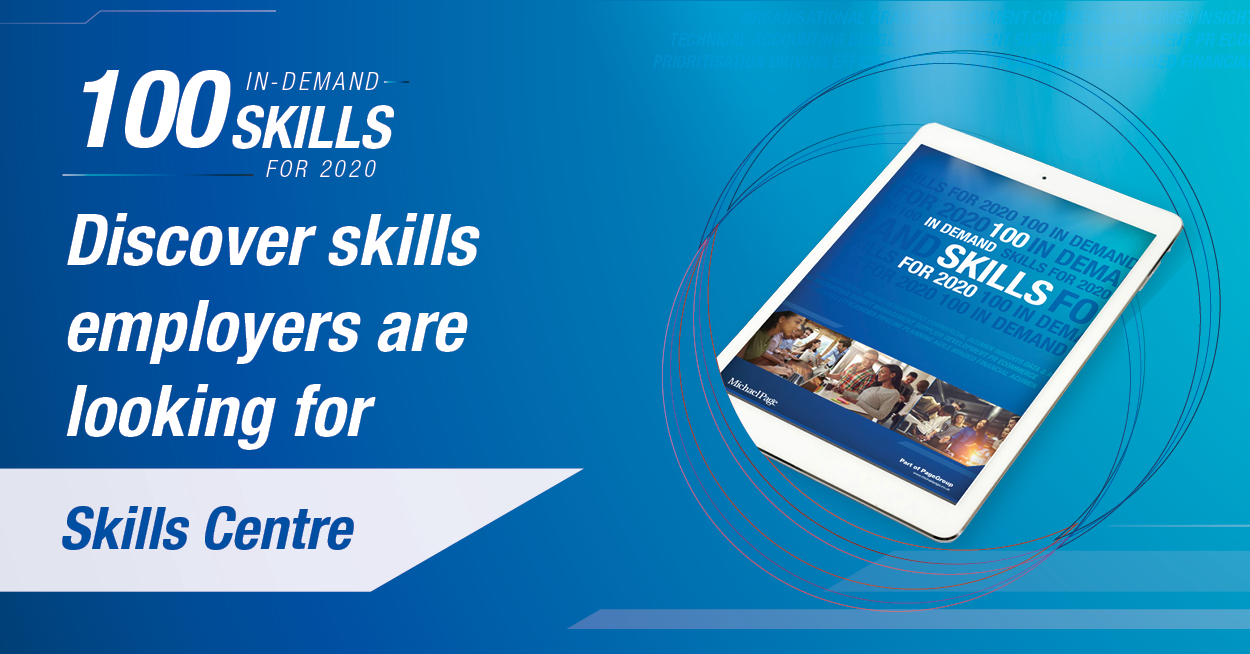Logistics has long been a male-dominated space and despite efforts to change this, the sector is still seen to be one that is simply about warehouses and operating heavy machinery. However, professionals in the sector know that this is far from the truth, and the opportunities in logistics continue to grow.
To further challenge these misconceptions, we spoke to five senior female logistics leaders keen to highlight the opportunities available in the sector and dispel the unfavourable myths that continue to discourage new talent from choosing a career in the sector.
On the topic of career opportunities and misconceptions, Anita Donohoe, Business Unit Director at CEVA Logistics United Kingdom, Emma Dempsey, experienced COO, Danielle Drozd, Innovation Manager at Kuehne + Nagel, Sandy Lalli, Head of Central Clinical Logistics at Healthcare at Home Ltd, and Claire Coney, Director of Retail, Technology and Pharma at Kuehne + Nagel spoke positively about the variety of roles available and expressed the need for more women to consider their options in the sector.
What are the opportunities for a career in logistics?
Despite what many believe about the sector - high visibility vests, dark and dreary warehouses, and burly truck drivers - a career in logistics is fast-paced, dynamic and innovating. Sandy said that this drives you to always do your best. “If you can be successful in a career in logistics, you can be successful in any industry. There isn’t one quite as exciting as logistics.”
When asked about reasons why women and any professional should consider a career in logistics, the number of opportunities to develop and explore throughout a career was the key reason highlighted.
“The opportunities to develop a career in logistics are broad. From IT, solution design, marketing, and analysis in addition to the more traditional roles. If you’re not sure what you want to do when you start, then a career in logistics offers many avenues to explore,” Anita said. She added: “It is important to explore other channels until you find a role that suits you.”
Emma reiterated this by explaining that professionals in logistics have a great opportunity to take on large areas of accountability, including P&L management and people leadership, very early on in their career. This is also a great wat to develop general management capabilities.
Discussing the opportunities available and the variation in roles that professionals can experience, Danielle said: “The extremes go from driving a forklift truck in my trainee days, to today presenting on innovation and technology that could make warehouse operations more efficient and cost-effective.”
The skills that drive success in logistics
Looking ahead, the skills that senior leaders expect to be increasingly important throughout 2020 are far from what many may expect for the logistics sector.
While Anita highlighted that is important for the sector to be encouraging younger generations to step into roles such as HGV driving, she also said that due to the digitalisation of the business world, there is a growing need for data analysts to identify future trends and provide customers with more significant insights. Emma also flagged data science as key, but also suggested that robotics engineering would also be key to success in 2020.
Danielle agreed, saying: “Technology is advancing rapidly and it’s exciting to look at the possibilities that AI could bring to warehouse operations. There are still many older technologies in the automation world that do not exist in operations today that could be beneficial.” She also flagged that robotics is advancing in the industry due to it being relatively cheaper and more flexible in terms of getting a return on investment.
Some of the more transferable skills that were highlighted as key were great communication skills, creative thinking, and adaptability.
The reason for the rise in such skills, Sandy explained, is the need to keep up with evolving legislation and initiatives to drive safety, to support climate control changes and reduce environmental impacts, as well as navigate driver shortage impacts and stern customer demand requirements.
Of course, a wider knowledge of the end-to-end supply chain and how it all fits together will underpin the success of the logistics sector. However, Claire stated that: “Having one skill is not enough to progress. You need to gain a broader experience once you have the core operational skills. A broader experience could be finance, IT, sales and/or negotiation aspects.”
Women in logistics
Today, many women and men, still fall into logistics by accident. In fact, of the five leaders we interviewed, Sandy was the only professional who proactively chose to study a degree in logistics. Danielle also discovered logistics at university when studying International Business, majoring in Operations Management. In her final year, she selected a module in supply chain management which led to her being offered a graduate job in third-party logistics.
Anita found her way into the sector through a role in recruitment and had a chance interview for a transport clerk role. Emma developed her skills through a consultancy role that specialised in supply chain and logistics, by chance rather than design, which piqued her interest in the sector. And Claire was working in the buying department for a supermarket chain and was approached by the logistics director about an opportunity.
When asked why more women should consider a career in the sector, Anita said: “The logistics sector is exciting and rewarding, and requires pragmatic, resourceful solutions to quite complex problems. To be successful and thrive as an industry, we need a strong balance of experience and perspectives to drive change and explore alternative approaches.”
If you would like to discuss how we can help source talented logistics professional to your business, get in touch with your local Michael Page Logistics team today. Alternatively, if you are looking to explore your career opportunities, create a MyPage account to make the most of our Job Match tool, which will align your skills and experiences to the jobs most suited to you.
Ruth Hancock
Operating Director, Michael Page
